Feng Shui For Healthy Family Relationships
The art and science of feng shui is the movement of energy, which supports harmony and good connections in all spheres of life, including your family. Any culture can now practice feng shui, not just Chinese culture. While the details of the study can take years to completely understand, the fundamentals are straightforward.
Set a goal and note any areas that require work before beginning your Feng Shui practice. Work, health, relationships, kids, and other factors could be involved. then approach these places using your expertise in Feng Shui. Apply a Feng Shui remedy to improve your life and your family’s relationships by choosing the remedy that works best for you and your environment.
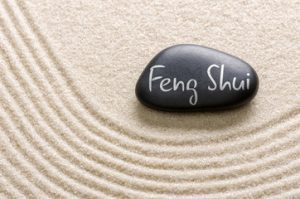
WHAT Is FENG SHUI?
Feng Shui is an art and science that deals with the movement of energy. By studying the concepts of balance in all facets of life, the ancient Chinese emphasised the importance of having good connections with everything. The term “feng shui” refers to the forces that permeate everything and can be directed, harnessed, or hindered. Examples of these energies include the flow of water and wind. Chi is the name for this dynamic energy source. In order to improve health, wealth, and happiness, feng shui uses this force and the removal of obstructions.
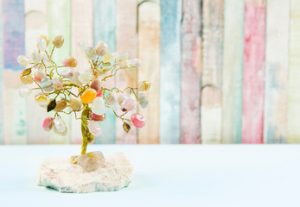
Origin of Feng Shui
Instead of being used to orient homes for the living, the oldest form of Feng Shui was employed to do so. The Book of Burial, which dates to the fourth century CE, is where the phrase originally appears.
Feng Shui started to focus on the earth’s geographic movement and weather patterns in the third century, according to the written literature Zangjing. The Form School of Feng Shui is this style. Feng Shui evolved into housing placement methods during the Song Dynasty, giving rise to the Compass School. The Ying-Yang Theory, The Theory of Five Elements, The Lo-Shu Square, and other concepts are Compass system offshoots. In 1960, the Feng Shui Form School’s Black Hat sec was established. According to the book Mystic Foundation, one of the most well-liked forms in the current day is the Black Hat sec.

CHI FENG SHUI
Although Feng Shui promotes the buildup of Chi, it is more focused on the quality than the quantity of energy. To effectively bestow blessings on people, the Chi must continue to flow. Fast-moving water and air disperse Chi, but slow-moving water and air foster positive Chi. Clutter, sharp angles, harsh corners, and discordant shapes can obstruct the passage of healthy Chi. Its healthy flow is encouraged by harmonious shapes. Household items are carefully positioned to slow Chi and promote a pleasant energy flow.
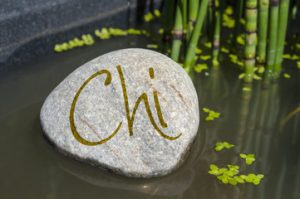
FENG SHUI: PA KUA
The Bagua, or eight trigrams of the One Ching, are used in the majority of Feng Shui techniques. They are organised around an octagon called a Pa Kua. To arrange objects, the Pa Kua pattern is spread throughout a single space, such as a room or floor plan. When working with a space or home, practitioners link the front entrance—or the door that gets the greatest traffic—with Pa Kua’s Knowledge, Career, and Friends side.
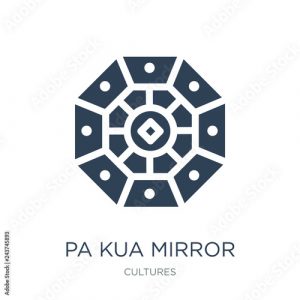
Eight Trigrams or Nine Stars in Feng Shui
The Pa Kua is also aligned to the compass directions using the Eight Trigrams or Nine Stars technique. The relevant area of life will be impacted by the flow of chi and whether it is in a state of harmony or disarray. Many in the West advocate employing intuitive Feng Shui, which involves feeling the energy flow that best suits you using either your own intuition or another Mandela technique.
Many detractors of Feng Shui claim that its tenets do not fit well with Western culture because they are based on Chinese weather patterns, climate, and culture; nonetheless, the tenets of harmony, flow, and wellness apply to all cultures. Use it if you come across good advice that works for you through Feng Shui, intuition, or another system.
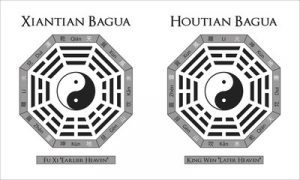
Feng Shui to Strengthen Family Bonds
Feng Shui can be useful whether there is a communication breakdown with a family member or you wish to enhance a positive aspect. No two connections will ever be exactly alike due to the complexity of each person’s temperament and psychology, whether the relationship is good or poor.
Feng shui for happy families
Even if your relationship with a family member is already positive, feng shui can still improve it. If your relationship is on shaky ground, Feng Shui might help. A strong link might become weaker due to poor feng shui, but it can also become stronger with good feng shui. There aren’t many relationships as complicated as the ones you have with your family.

DIRECTIONS FOR FINDING YOUR FAMILY GUA
The centre of the left wall is the section of your Bagua that deals with family (or the left boundary of a room, as you enter). If you want to visualize a Bagua overlay covering a specific space or your entire house, concentrate on the left wall’s central section. Gua, that is your family.
WOOD: THE FAMILY GUA ELEMENT
Wood is the family Gua’s element. Your chi with family members may be improved by placing a wooden table in this section of your Bagua. You have a built-in opportunity to improve your relationships with siblings, parents, and other family members if, while looking at the Bagua of your living space, your dining area is situated in the family Gua. A round wooden table encourages communication, mutual trust, and openness.
ADDITIONAL MEANS TO BOOST FAMILY CHI
Working with the family Gua in areas other than the dining room is an option if you want to heal strained family ties. You can hang wooden wind chimes in the family Gua or your bedroom. One typical Feng Shui remedy is wind chimes. Wind chimes built from various materials can improve your Chi depending on the issue you are working on and the principal element of the particular Gua.
You may put pictures of your family having fun in the designated Gua in your living room to employ Feng Shui to strengthen family ties. A cosy couch, a soft light, and a piano are all representations of security and tranquilly, both of which are favourable to positive Chi.
